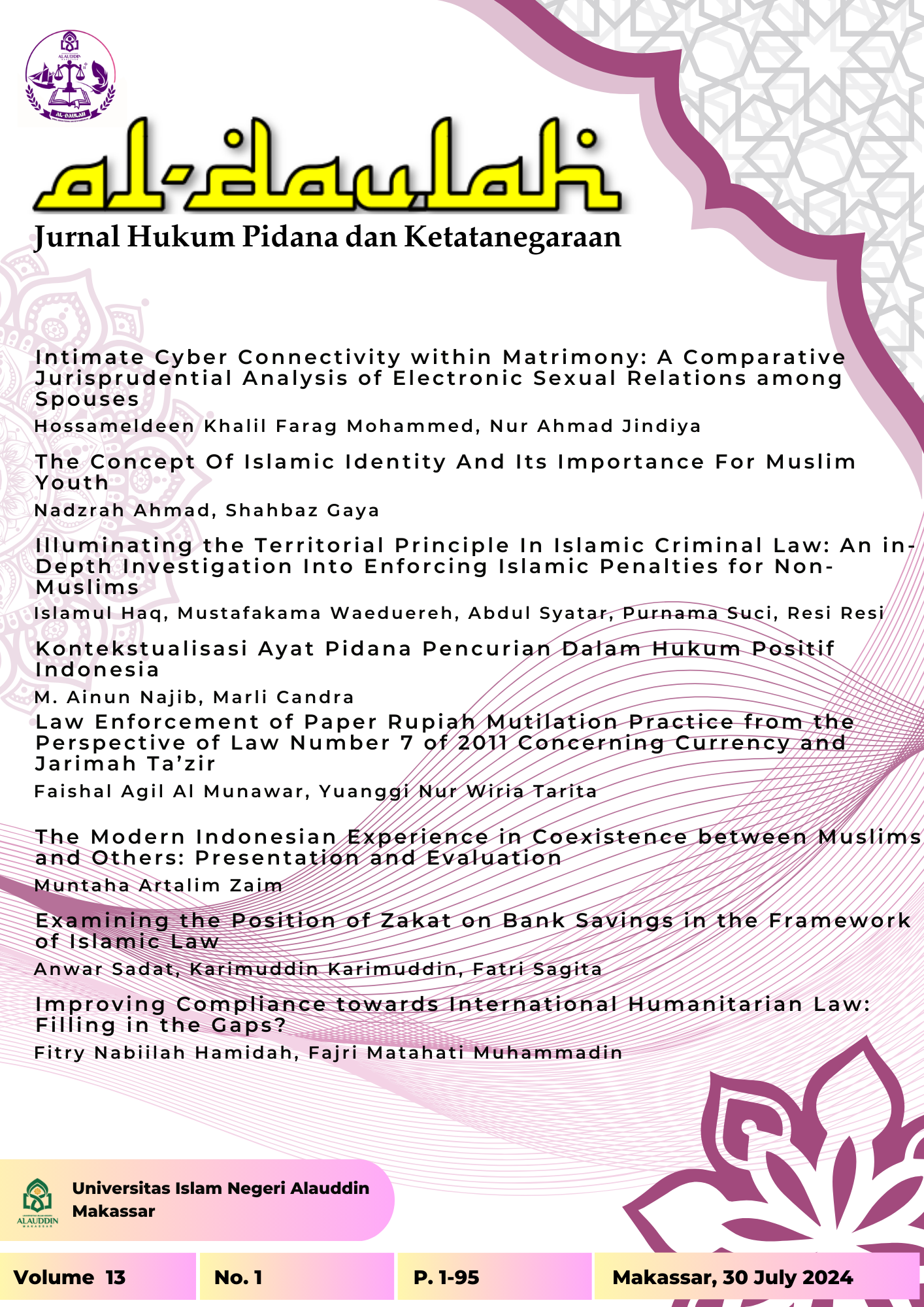AKSES TERHADAP KEADILAN DAN PEMBERDAYAAN HUKUM SEBAGAI PENDEKATAN UNTUK PENGEMBANGAN HUKUM BAGI ORANG MISKIN DAN YANG TERPINGGIRKAN
Abstract
Saat ini, penguatan hukum dan pemerintahan menjadi fokus utama beberapa organisasi internasional, begitupun pemerintahan dan organisasi di tingkat nasional. Reformasi dengan pendekatan “keadilan dan pemberdayaan hukum” dihaapkan dapat mendukung masyarakat miskin dan orang-orang yang terpinggirkan dalam upaya mereka untuk mencari dan memperoleh keadilan dalam kehidupan mereka.References
Cotula, Lorenzo (2007), Legal Empowerment for Local Resource Control: Securing Local Resource Rights within Foreign Investment Projects in Africa,London: IIED.
Golub, Stephen (2003), Beyond Rule of Law Orthodoxy. The Legal Empowerment Alternative, Washington D.C.: Carnegie Endowment for International Peace.
Golub, Stephen (2006) ‘The Legal Empowerment Alternative’, in: Th. Carothers (ed.), Promoting the Rule of Law Abroad. In Search of Knowledge, 161 – 187, Washington D.C.: Carnegie Endowment for International Peace.
Hammergren, Linn (2007), Envisioning Reform. Improving Judicial Performance in Latin America, University Park, PA: Penn State University Press.
Maru, Vivek (2006), ‘Between Law and Society: Paralegals and the Provision of Justice Services in Sierra Leone and Worldwide’, The Yale Journal of International Law 31: 427 – 476.
Penal Reform International (2001), Access to Justice in Sub-Sahara Africa. The role of traditional and informal justice systems. London: Penal Reform International. Penal Reform International and the Bluhm Legal Clinic of the Northwestern
Van Rooij, Benjamin (2007), Bringing Justice to the Poor: Bottom-Up Legal Development Cooperation, Occasional Paper, Leiden: Van Vollenhoven Institute.
World Bank.World Bank (2004), Village Justice in Indonesia: Case Studies on Access to Justice, Village Democracy & Governance. Jakarta: World Bank.
World Bank, Justice for the Poor, http://go.worldbank.org/IMMQE3ET20.
The authors of a work hold the copyright and grant the Al-Daulah: Jurnal Hukum Pidana dan Ketatanegaraan the right of first publication. The work is also licensed under the Creative Commons Attribution License (CC BY 4.0), which enables others to share the work while acknowledging the authorship and initial publication in the journal. The authors can make separate contractual agreements for the non-exclusive distribution of the published version of the work, such as by posting it to an institutional repository or editing it for a book, with an acknowledgment of its initial publication in this journal. Authors are allowed and encouraged to post their work online, such as in institutional repositories or on their website, before and during the submission process. This can lead to productive exchanges and greater citation of the published work.


